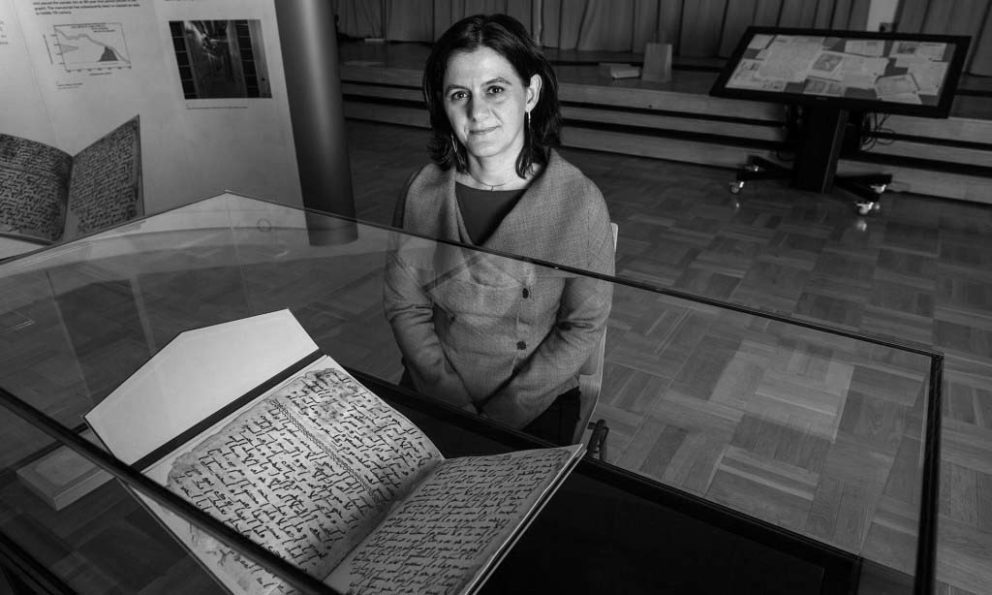Working On Early Qur’anic Manuscripts: Reading and Editing Their Texts
3401 Dwinelle Hall
Alba Fedeli, Research Fellow, Centre of Religious Studies, Central European University, Hungary
Reading early Qur’ānic manuscripts is a patient act of interpretation which involved scribes working to copy written exemplars and still involves editors reading manuscripts to produce editions. The editing work in reading Qur’ānic manuscripts does not have a long story, as it has only been cultivated in Europe since 1902. Two dynamics have influenced such editions: the presupposition that there is no need to edit Qur’ānic manuscript text (as reflected in Lewis’ 1902 partial edition) and the approach of studying the text to produce a critical edition of the Qur’ānic text in search of variants, omissions, and additions which imply an original text and a relative chronology of the variants (pre-‘othmanic variants or later accretions). Digital philology tools offer an alternative approach to editing in order to transcribe and describe the richness of the manuscript texts, producing data and databases which make the text searchable.
Manuscripts have readings rather than variants. Terminology plays an important role in the debates about the changed / unchanged text of the Qur’ān and the origin of the text itself, which recently pervaded the web community and media with regard to the Birmingham Qur’ān phenomenon.
Alba Fedeli is a research fellow at the Centre of Religious Studies at Central European University in Budapest, where she is working on a research project on the transmission of early Qur’ānic manuscripts by applying phylogenetics. She is academic assistant at the Ambrosiana Library in Milan (Arabic Studies section) and honorary research fellow of the Institute of Textual Scholarship and Electronic Editing at the University of Birmingham (UK) where she obtained a Ph.D. degree in theology and religion with a dissertation on the Qur’anic manuscripts of the Mingana Collection using the tools of digital philology funded by the Arts and Humanities Research Council. During her Ph.D. research, she worked on the so-called Birmingham Qur’ān and the Mingana-Lewis palimpsest. Fedeli taught at the University of Milan from 2004 to 2012 and was director of the Ferni Noja Noseda Foundation from 2004 to 2008. She has been involved in various projects on Qur’anic manuscripts such as the Yemeni mission to digitise manuscripts from Dar al-Makhtutat in 2006 and 2007 and the survey of the manuscripts discovered in the Great Mosque of Sanaa in 2007. Her publications reflect her research interests in early Qur’ānic manuscripts which she started to conduct during her collaboration with the late Professor Sergio Noja Noseda.
Co-sponsored by San Francisco Theological Seminary.
Photograph: David Sillitoe for the Guardian

